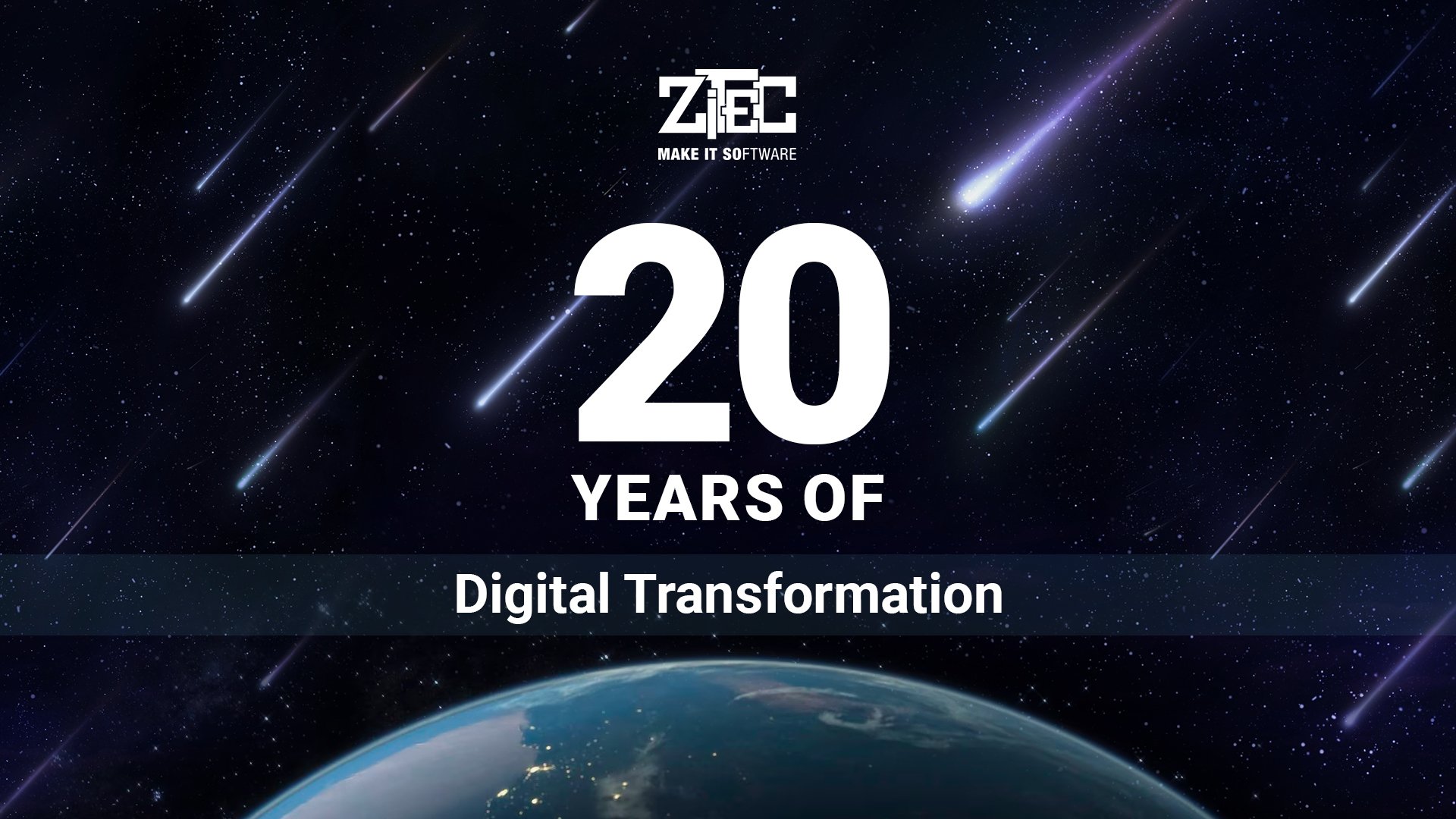Earlier in October, I was excited to be invited to a Workshop on Accelerating Adoption of Complex Clinical Trials in Europe and Beyond: Patient Involvement, organized by EFPIA, the European Federation of Pharmaceutical Industries and Associations.
The European Federation of Pharmaceutical Industries and Associations (EFPIA) represents the pharmaceutical industry operating in Europe. Through the direct membership of 36 national associations and 41 leading pharmaceutical companies, EFPIA is the voice on the EU scene of 1,900 companies. The latter are committed to researching, developing and introducing new medicines with the aim of improving health, lifespan, and quality of life worldwide.
In the words of the organizers, the goal of the workshop was “to develop shared solutions for the use of complex clinical trials to optimize drug development in Europe”.
I wanted to be part of the conversation because I have a particular interest in how technology & digital tools act as enablers for solving big industry challenges.
Here are some of the key takeaways from the workshop as well as some personal thoughts on the practical applications of innovative technology in Clinical Trials.
- There is a clear & major focus on innovative trial design and defining new approaches
- It is becoming increasingly important that all stakeholders get together: there was a fair amount of debate regarding the evolving roles and responsibility of key stakeholders involved in clinical trials: the participants in clinical trials and the various patient organizations, the trial sponsors, regulatory bodies, investigators, research institutions. It goes without saying that different stakeholders have differing perspectives on benefits, risks, and challenges associated with clinical trial design, as well as different roles and responsibilities.
- The more complex the clinical trial, the more collaboration is needed
- There’s a need for better education of risk-benefit for the individual. Little is still known about clinical trial participants’ perceptions of the risks of data sharing, and this stems from insufficient or inconsistent information that patients receive.
- Clinical trial studies must start being designed with and for patients
- We need to start considering both ROI and ROE (engagement) in the design of clinical trials, which can be achieved by enabling patients & patient organizations to become more active participants in the process.
- The EU Regulation no. 536/2014 defines clinical trials & clinical studies and clarifies the obligation to involve laypersons / patients / patient organizations, which now have new, legally defined roles. Patients are no longer just participants in trials, or stakeholders receiving trial info, but instead they become involved in the assessment of clinical trial applications and involved in the Clinical Trial Design as well.
All presentations and interventions were very engaging and brought valuable insight to the table, but I’d like to mention one which resonated with me.
Nathalie Seigneuret, Scientific Officer at the Innovative Medicines Initiative (IMI), a public-private partnership between the EU and EFPIA, delivered an interesting presentation regarding how IMI is advancing clinical research through the development of various tools and methodologies to optimize CT design, with a focus on patient centricity. Nathalie listed Digital Tools such as:
- Mobilise-D ( a digital mobility endpoint)
- Trials@Home ( re. Decentralized clinical trials)
- Radar AD and Radar CNS (including wearables)
- Idea-Fast (digital endpoints)
In her presentation, Nathalie also mentioned Blockchain technology as one tool available in the Clinical Trial Digital Toolbox. So, I was curious to learn about the areas where IMI sees blockchain implemented. I had a few areas in mind where blockchain could work well, including tracking and timestamping of clinical trials and post-trial patient monitoring, but I wanted to get Natalie’s input on this. She was kind enough to share her thoughts.
“Our IMI Pharma Ledger will use Blockchain technology to see how it could help recruitment in clinical trials. The Clinical Trial eRecruitment use case aims to create a neutral, industry-wide utility to help patients or their healthcare providers more efficiently find clinical trials which match their health profiles and interests.”
An additional intervention from the audience on this topic came from Jenny Camaradou. Jenny mentioned some emerging EU chapters concerning patient engagement and blockchain, though it’s generally fairly US-centric.
According to a report from CB Insights, applications for Blockchain & distributed ledger technology in Pharma could help solve some of the biggest industry challenges, from managing patient data to tracking drugs through the supply chain.
My take, as a Blockchain business consultant, is that Blockchain technology is being increasingly harnessed in clinical trials to:
- provide strict security & traceability of data
- enable real-time decision making and robust governance
- ensure data integrity via Smart Contracts – historicity & inviolability of data for the whole document flow in a clinical trial
Even more specifically, Blockchain can be used to add value to a variety of processes:
- Tracking and timestamping clinical trials using blockchain smart contracts – ensuring the most accurate results.
- Improving informed consent – in collaboration with AstraZeneca, Novartis, and Pistoia Alliance, Spherity has worked on a use case to enable an interactive, engaging, and trust-based Informed Consent Form experience for patients.
- Patient monitoring – for example, using smart contracts to ensure that if a patient reports ADRs (Adverse Drug Reactions) the case gets reported, a code is generated, and the case is fast-tracked to ADR investigators for quick resolution. These kinds of smart contracts are designed to ensure patients and outcomes are entirely transparent and not influenceable. A system to report ARDs based on Blockchain technology can also fill in all the gaps related to patient trustworthiness and safe medical practices. Patients will be aware/informed at all times of how their personal data and medical history are used or shared.
- Data privacy – Blockchain creates a trustworthy & transparent ecosystem between pharma companies, patients, ADR investigators, and regulatory bodies, protecting and sharing confidential data, ensuring it is immutable and the single version of the truth.
Blockchain implementation could also help solve some of the industry’s most pressing compliance, interoperability, and data security issues, and set the foundation for new patient-centric business models, which were also actively debated in this workshop.
One thing is clear: blockchain technology is no longer in its infancy, and it is being deployed extensively in the Pharma industry, across a variety of use cases.
If the topic has captured your interest, Zitec will be speaking at Blockchance.eu this December and we have a giveaway! Fill in this form for a chance to win one of the ten invitations we are offering for free!
Let’s talk about your project
Blockchain is the go-to technology of the future. As an early adopter and tech leader, we can help you determine if this is the proper solution for your specific business challenges. If you wish to learn more about blockchain and its potential uses in life sciences and other industries, drop us a line.



